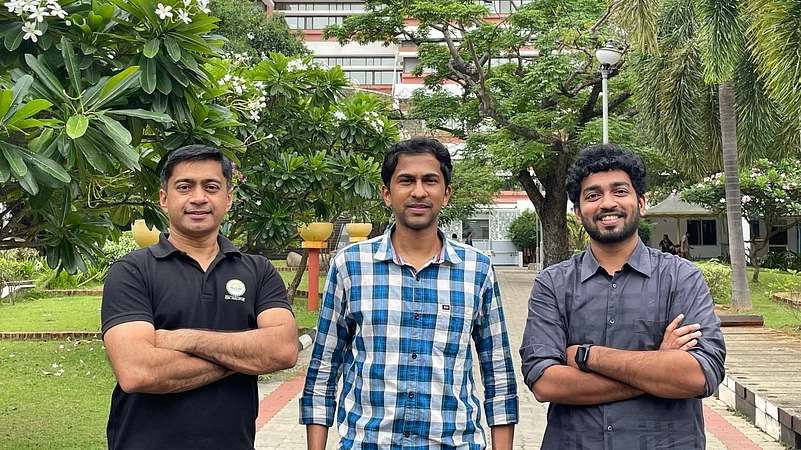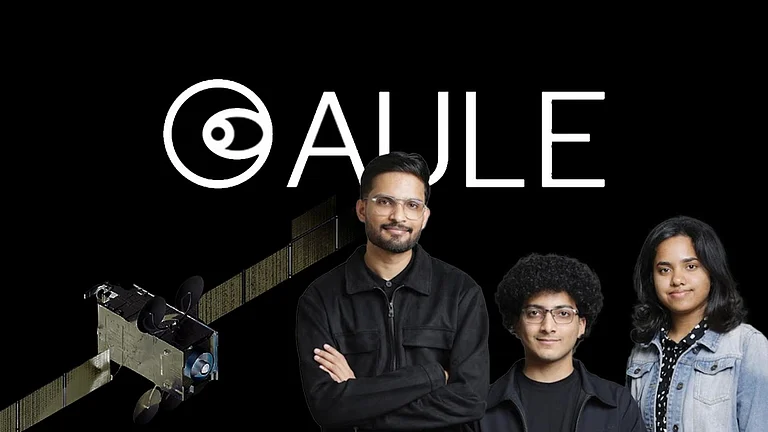Spacetech start-up Inbound Aerospace, incubated at IIT Madras, has raised over $1 million in a pre-seed funding round led by Speciale Invest, with participation from Pipeer Serica.
The fresh capital will be used to accelerate the R&D of its re-entry spacecraft, validate key sub-systems, and achieve critical design review milestones, it said in an official statement.
“Microgravity environments are extremely hard to recreate on Earth. Our spacecraft is designed to enable cost-effective, repeatable, and safe return of payloads conducting in-orbit experiments and manufacturing, a capability that's critical to unlocking the next wave of growth in the space economy,” said Aravind IB, cofounder & CEO of Inbound Aerospace.
Founded in 2025 by Aravind IB, Vishal Reddy, and Capt (IN) Abhijit Bhutey (Retd), the start-up is developing autonomous and reusable re-entry vehicles designed to support in-orbit experiments, microgravity manufacturing, and commercial space research.
It addresses a growing gap in microgravity infrastructure as the International Space Station (ISS) nears decommissioning in 2030.
Initially pre-incubated at IITM Nirmaan, Inbound Aerospace is now formally housed at the IIT Madras Incubation Cell. The start-up was the only Indian finalist at Japan’s S-Booster 2025, a prestigious space-business idea competition hosted by the Cabinet Office of Japan. It aims to launch its first re-entry MVP mission by Q1 2028.
Speaking about the investment, Vishesh Rajaram, managing partner at Speciale Invest said he believes re-entry vehicles will become foundational infrastructure for the microgravity economy.
“Inbound’s deep-tech ambition spanning autonomy, material science, and systems engineering is bold and timely. We’re backing this team because they are not just thinking of access to space, but access back from space, which is equally critical for a sustainable orbital economy,” he added.
With the Government of India’s Bio3E policy (2024) and the growing interest in space-enabled pharma, biotech, and material science research, Inbound’s re-entry vehicles could become key enablers of in-orbit experimentation and commercial-scale manufacturing.
































